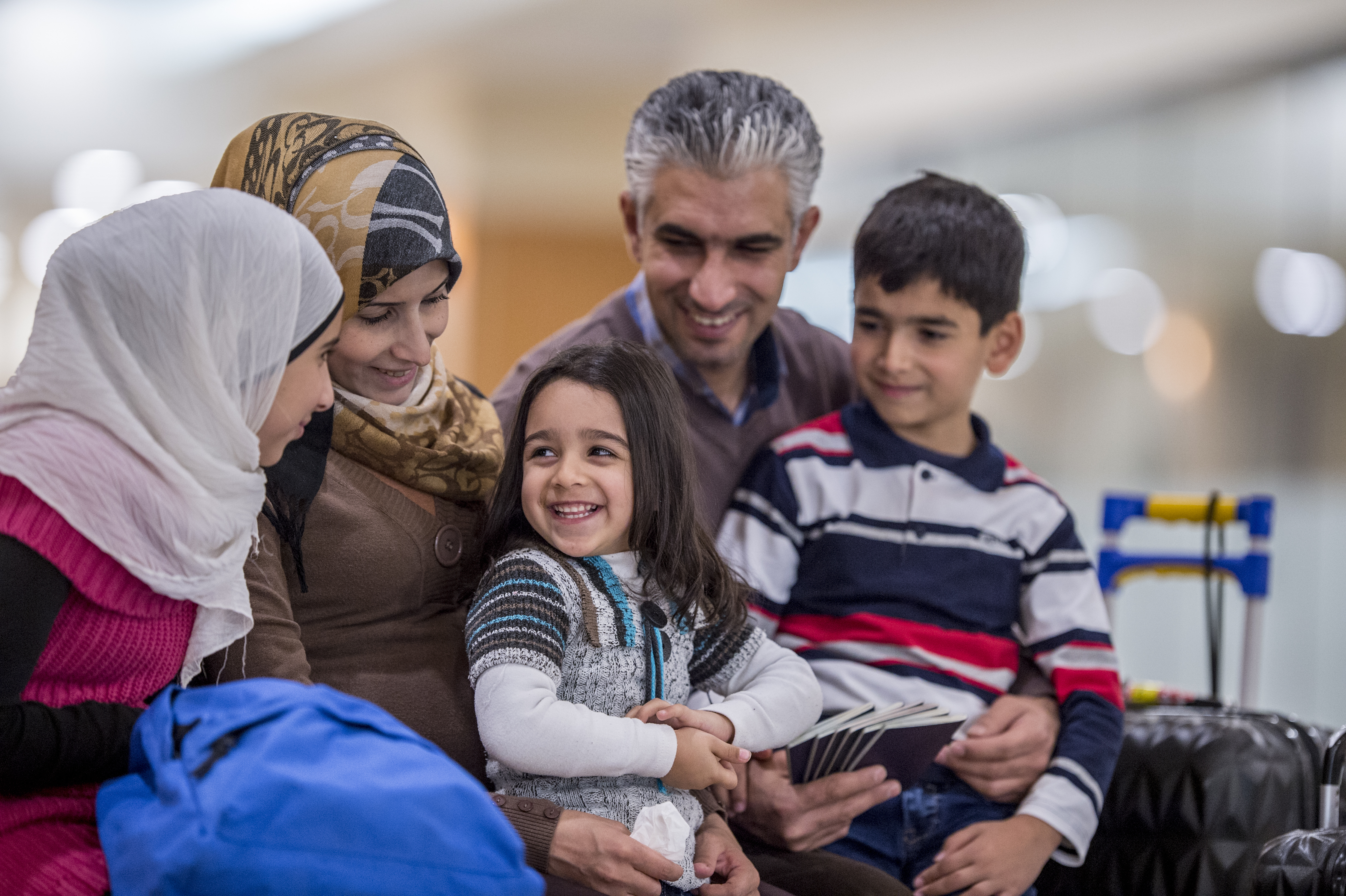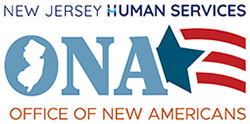Reception and Placement
How do refugees arrive into the United States?
Since the passage of the Refugee Act in 1980, the United States has admitted more than 3.1 million refugees. The United States admits refugees from more than 60 countries around the globe. Refugees selected for resettlement through the U.S. Refugee Admissions Program (USRAP) are eligible for Reception and Placement (R&P) assistance upon their arrival to the United States. Each refugee approved for admission to the United States is supported by a local resettlement agency participating in the R&P Program under a cooperative agreement with the Department of State.
All refugees undergo a medical screening and thorough security vetting, including interagency background checks, as well as biometric checks of fingerprints and photographs, all of which can take up to several years before being eligible for resettlement into the United States.
National refugee resettlement agencies match refugees to their local resettlement agency offices or affiliate in New Jersey, taking into consideration factors such as family ties, local community support available, employment opportunities, specific health needs, and cultural factors.
Upon arrival in the United States, the local resettlement agency is responsible for supporting refugees for their first three months. They greet the refugees at the airport, assist to secure housing and basic needs, provide orientation on the United States, support in finding employment, arrange for their medical screening, and make referrals to other social services and programs, such as English language training and employment support. Many refugee families include school-age children, who are also supported by the resettlement agencies and local districts to enroll and attend school.
Refugees receive a Social Security Number and employment authorization documents, facilitating the process to access public benefits and attain employment.
Additional resettlement services include:
- Refugee Support Services (RSS)
RSS provides social services coordination and supports including English language training and employment training and assistance. Refugees are eligible to receive RSS services for up to 5 years after arrival. - Cash and Medical Assistance (CMA)
CMA provides Refugee Cash Assistance (RCA) for individuals and couples without dependent children and others not eligible for Temporary Assistance to Needy Families (TANF). Through CMA, refugees are supported to apply for NJ’s Medicaid program, NJ FamilyCare, for health care coverage. - The Preferred Communities (PC) program supports refugee and ORR-eligible populations with challenging needs that require special attention, including those with serious medical conditions, women at risk, and elderly refugees.
- The Matching Grant (MG) program helps refugees and other ORR-eligible populations overcome barriers and quickly find jobs. The intent is for refugees to become economically self-sufficient through employment within 240 days and without accessing cash assistance programs.

 Official Site of The State of New Jersey
Official Site of The State of New Jersey